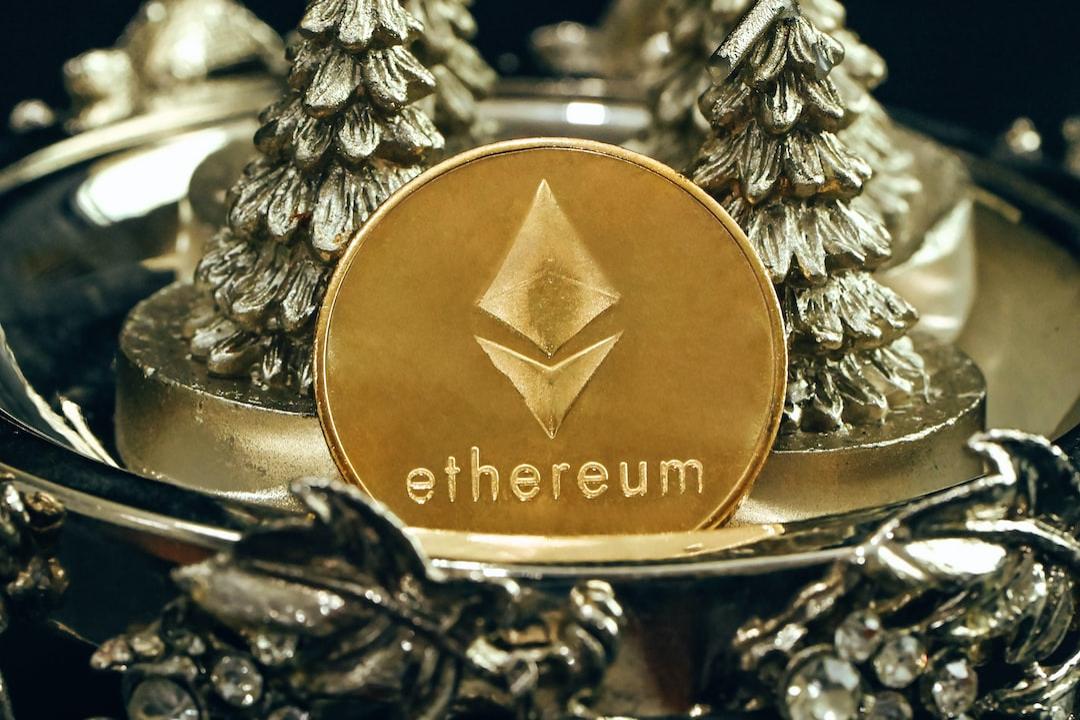Solana validators have approved a proposal aimed at reducing the time it takes for consensus “votes,” potentially speeding up blockchain transactions. The proposal, known as “Timely Vote Credits,” was passed on April 9 with 98% of the votes in favor. It introduces a new mechanism for incentivizing validators to make votes, which are crucial for confirming transactions in Solana’s consensus mechanism.
Previously, validators were given a fixed one vote credit for each consensus vote they submitted on a block that was finalized by the network. However, validators discovered that they could maximize their earnings by delaying their votes until they were certain they were voting on the correct fork, without facing any penalties.
The proposal, put forward by “zantetsu” from Solana validator Shinobi Systems on March 14, suggests implementing a variable number of vote credits based on the latency of the votes. Votes with less latency would receive more credits, discouraging intentional delays. This change aims to address concerns raised by Solana users in the past regarding the vote credit system.
At present, Solana Compass indicates that the blockchain is generating approximately 1,000 user transactions per second and nearly 2,000 vote transactions per second. The impact of the new mechanism is yet to be determined, as it is expected to be implemented after Solana’s v1.18 upgrade later this month. This upgrade will include patches to address priority fees and network congestion issues on the chain.
Meanwhile, Solana has been dealing with a series of failed transactions attributed to an “implementation bug” in QUIC, a data transfer protocol developed by Google. To fix this bug, a reconfiguration for QUIC is scheduled for April 15, pending successful testing and no further issues.
In conclusion, Solana validators have approved a proposal to enhance consensus voting and potentially accelerate blockchain transactions. The implementation of the new mechanism, along with the bug fix for QUIC, aims to improve the overall performance and reliability of the Solana network.

